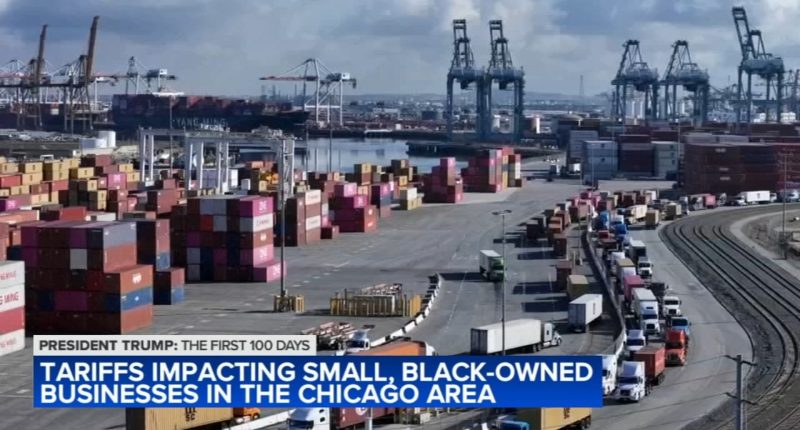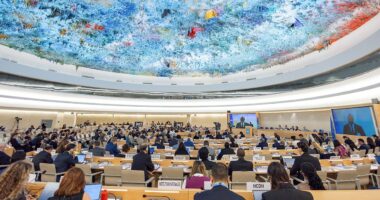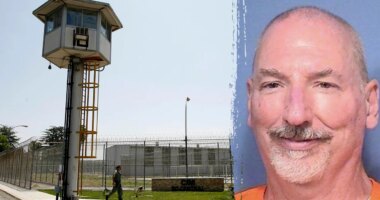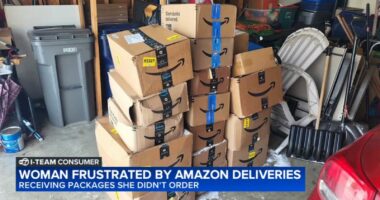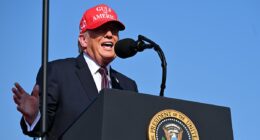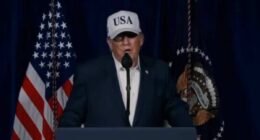Share this @internewscast.com
CHICAGO (WLS) — Fueled with a dream, Bill Cooper started Inline Designs back in 1997.
In the nearly 30 years since then, the furniture dealer, who sells to municipalities, hospitals, and school districts, has had to weather economic downturns, a recession and a changing industry.
ABC7 Chicago is now streaming 24/7. Click here to watch
Now, he says, he is bracing for the impact of the Trump administration’s most drastic economic policy changes ever: tariffs that could put his small business out of business.
“So, you know, I think maybe what the tariffs are supposed to do is to bring some more revenue. But that’s not necessarily what it’s doing. It’s really hurting a lot of people,” Cooper said.
The latest iteration of the policy basically imposes tariffs on virtually every country that U.S. trades with.
The Chicago business owner says he could be forced to raise his prices but adds that if his buyers will not pay the increase, he is not sure he can survive if he has to eat the extra cost.
“And nine times out of 10, they’re going to say, ‘You know what?’ Like, for example, with this one customer, this is just ‘take it off the quote for now.’ So that’s, you know, money out of my pocket, because they took it off the quote,” Cooper said.
A tariff is a tax imposed on imported goods. The cost is paid by the importer and often passed on to the consumer.
Some economists say tariffs will have a particularly negative effect on Black households and small businesses in communities of color.
According to the nonprofit Brookings Institution, in Chicago, Black-owned businesses account for 2.8% of the city’s total employer businesses. The number does not represent a share proportionate to the Black population.
Data from the 2020 census shows African Americans make up around 28% of Chicago’s population.
READ MORE | How Trump tariffs in 1st 100 days could contribute to ongoing price increases in housing, groceries
“I think the risk is real,” said Joseph School of Business Dean Pastor Raymond Thomas.
But Thomas’ message is, “do not fear.”
While teaching practical business solutions in a faith-based environment, the Christian business school has created its own partner network to try to help insulate small businesses in Black and Brown neighborhoods from the tariff shock and economic uncertainty.
“Because of our international presence, we now have an opportunity to create platforms, like a global partner network, where we can develop relationships in Nigeria, Tanzania, and South Africa, well, we could begin to look at other channels for suppliers and distribution,” Thomas said.
Despite best efforts to protect businesses from the economic uncertainty, Business owners like Cooper hate to think about what happens next if the tariff war goes on.
“I hadn’t thought that far ahead. But if it does, it could be very devastating to everybody,” Cooper said.
Copyright © 2025 WLS-TV. All Rights Reserved.
